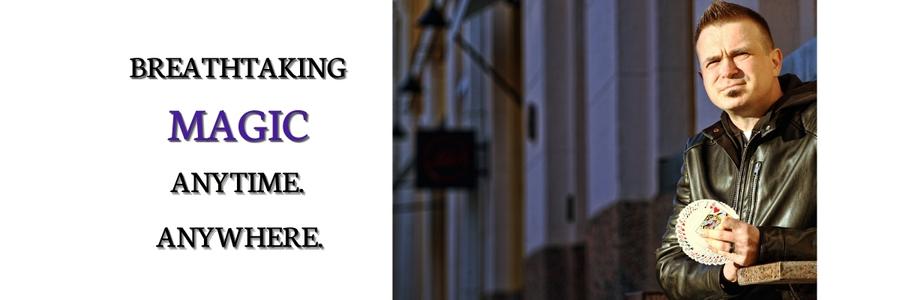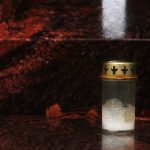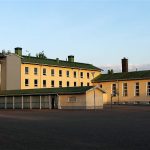Wille Rydman (Finns), the minister of economic affairs, defends the nickel trade, saying Finland and other Western countries depend on Nornickel’s nickel refining.

A BAN ON THE IMPORT of Russian nickel and fertilizers would hit Finland and other Western countries hard because they depend on Russian raw materials.
Yle reported on March 21 about the ownership patterns of the Russian mining and metal industry Nornickel Group and the hefty profits of the subsidiary of Nurminen Logistics, which handles nickel rail transports.
The Russian nickel rock is transported to Nornickel’s Harjavalta factory for processing, and the copper rock removed from it is taken back to Russia for further processing.
Finnish national broadcaster YLE asked the ministers responsible for the government’s mineral policy and sanctions the reasons for the continuation of the trade.
Wille Rydman, the minister of the economy (Finns), who is responsible for mineral policy, justifies the nickel trade with the fact that both Finland and other Western countries are dependent on the nickel refinery produced by Nornickel.
“A good sanction is one that hits the target of the sanction more than the person imposing the sanction. It is for this reason that no import ban has been set. Finland and Europe would suffer from this much more than Russia. Currently, an import ban would be catastrophic for Western countries,” Rydman commented to YLE in the Parliament Building.
The company’s import of nickel rock or fertilizers are not subject to EU or US sanctions.
According to minister Rydman, Nornickel Harjavalta is the largest nickel refining plant in the EU, and it produces a significant part of the nickel needed by the European steel and battery industry. The company’s exports are worth around one billion euros per year, and the factory’s production is mostly exported, including to the United States.
This can partly explain why Nornickel Group’s largest owner, Vladimir Potanin, is not on the EU sanctions list.
“A ban on the import of fertilizers would not only harm us, but also the entire world’s food supply,” Rydman said.
Rydman admits that the West’s dependence on Russian nickel and fertilizers is problematic. He says that substitutes are being sought all the time, but these are such big issues that the process is not quick.
“There is no sense in showing Russia that we do not approve of what they are doing, and we would be showing it by shooting ourselves in the foot,” he said.
Elina Valtonen, of the National Coalition Party (NCP), who is responsible for sanctions, did not have time to comment on the issue in Parliament because she was busy with a meeting of the National Coalition Party’s parliamentary group.












